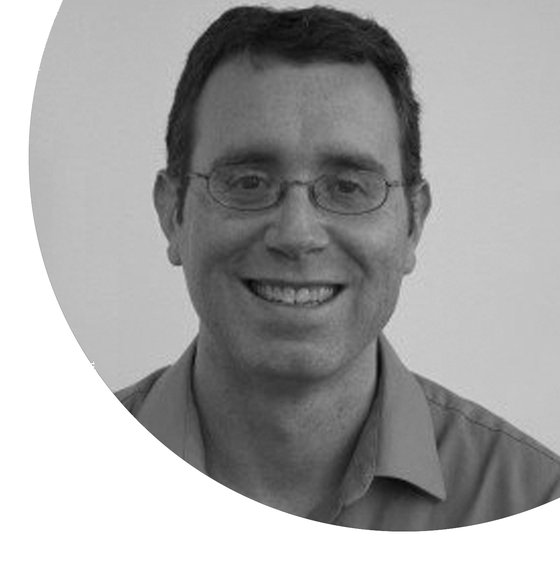ED RUTKOWSKI is editor in chief of The Synergist. He can be reached at (703) 846-0734 or erutkowski@aiha.org.
In the June 2014 issue of its magazine Spectrum, the Institute of Electrical and Electronics Engineers (IEEE) called on its members to identify the “heroes” of engineering—practitioners whose transcendent accomplishments should be celebrated not only by the profession but by the public at large. “Engineering needs more heroes,” wrote G. Pascal Zachary, a journalist and biographer of the engineer Vannevar Bush. Bush contributed to achievements such as the Manhattan Project and the mass production of penicillin, and is widely credited with predicting the personal computer and the Internet many years before either was invented.
Zachary’s article lamented the fact that Bush is not a household name even among engineers, let alone the general public. Outside a vanishingly small group of historical figures—Thomas Edison, Nikola Tesla, and that’s about it—few engineers have attained a status worthy of their contributions to society, according to Zachary. Further, the lack of engineering heroes has consequences for the profession itself:
"Celebrating heroes is a good way to inspire young people and inform the public, of course. But it’s not just a luxury or diversion that the profession can do without. The hero deficit is in fact bad for engineering because it diminishes the enterprise in the eyes of the public, and it constricts the flow of talent into the field."
With due respect to Zachary, engineers aren’t all that bad off in this respect. They may indeed have a “hero deficit,” but the profession itself enjoys a relatively high profile. Most people have at least a basic understanding of what engineering is, not least through celebratory portrayals in popular culture. In just the most recent example, the movie The Imitation Game dramatizes the contributions of Alan Turing, a pioneer in computer science, to the breaking of Nazi Germany’s supposedly unbreakable code during World War II.
Industrial hygiene, by contrast, is largely anonymous, despite its contributions to protecting workers and communities. Nearly every single living person in the Western world has benefited in some fashion from industrial hygiene, yet the next big-budget movie about an industrial hygienist will be the first. The essence of protection, after all, is to keep bad things from happening, which is much more difficult to dramatize than wartime code breaking.
But Zachary’s main point is well taken: every profession needs heroes. To that end, AIHA and The Synergist are looking for your suggestions of modern-day IH heroes. We got the ball rolling last autumn when we invited members to take an online survey asking for responses to a simple question: who do you admire? Nearly 150 responses identified dozens of admired IHs, and some of these individuals will be featured each month in the digital edition of The Synergist. But we welcome additional suggestions—send them to synergist@aiha.org, and keep an eye on your inbox for each month’s announcement of the latest digital Synergist.
The IH Hero Gap
Who Are the Most Admired Industrial Hygienists?
BY ED RUTKOWSKI, EDITOR IN CHIEF, THE SYNERGIST


